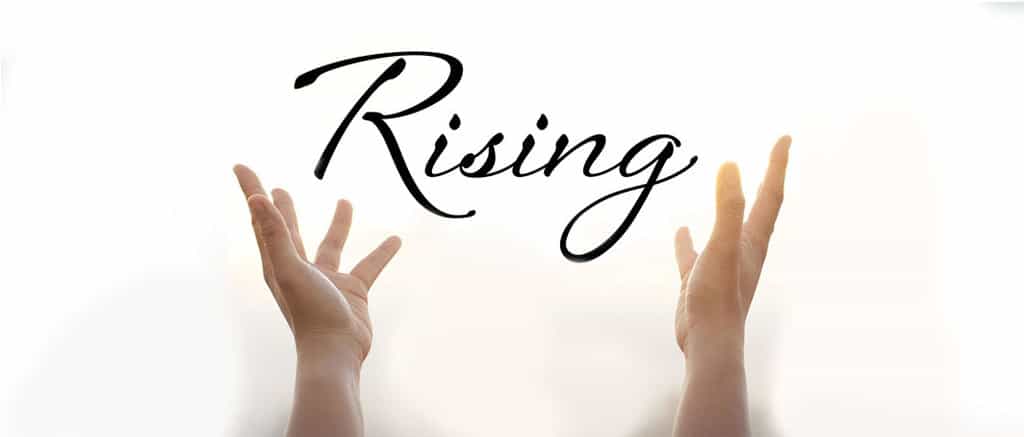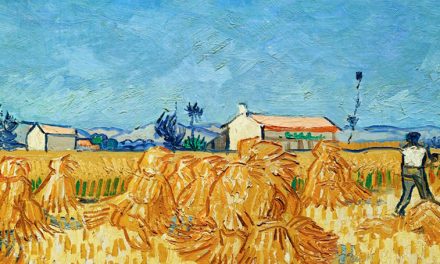“The word leadership can seem abstract and remote: this book makes it comes alive.”
—Kathleen Norris
“Carolyn Woo’s exploration of the nature of leadership . . . invites us to view this complex topic through a lens of hope, as we trace the fascinating trajectories of those portrayed in this important and timely book.”
—Adriana Melnyk, Commonweal
Leadership in the Catholic Church is often identified with sacramental ministry. On that basis it is widely perceived that women have no influence in the Church. Yet, as Rising: Learning from Women’s Leadership in Catholic Ministries shows, in fact women occupy a range of leadership roles across the landscape of Catholic ministries, from the parish and diocesan level to national organizations in the field of education, healthcare, communications and social service. The stories of the 16 women featured in this book by Carolyn Y. Woo trace the challenges, including clericalism, many of them have faced along the way.
Woo is herself one of the outstanding lay women leaders in the Church. She is the former dean of Notre Dame’s Mendoza College of Business; was chief executive officer and president of Catholic Relief Services (2012-2016); coordinator of the Vatican Dialogue on Energy Transition; and board member of numerous Catholic media, educational, and charitable organizations. In her own personal reflection in this work, Woo writes gratefully of her personal connection to the Maryknoll Sisters, whose high school in Hong Kong inspired her vocation in scholarship, service and leadership.
Among those offering personal testimonies in this book we meet a range of women, both lay and religious. They include Betsy Bohlen, chief operating officer for the Archdiocese of Chicago; Sister Simone Campbell, S.S.S., former executive director of NETWORK, a social justice lobbying group; Sister Carol Keehan, D.C., former president and chief executive officer of the Catholic Health Association; Sister Donna Markham, O.P., president of Catholic Charities USA; Julie Sullivan, president of the University of St. Thomas in Minneapolis; and Kerry Weber, executive editor of America magazine.
The lessons Woo draws from these examples — as well as her own experience — go far beyond the specific question of women in leadership. Indeed, in one part of the book, Woo lays out what she calls the “requisite capacities for leadership” — qualities that could benefit any leader, in any organization — including “a capacity for the other” and a “capacity for self-awareness and growth.”
While women in leadership often bring distinctive experience and perspectives, Woo rejects any notion of a “feminine genius” such as some church leaders like to attribute to women. Such a notion often has the effect of emphasizing certain stereotypical qualities, such as patience or humility, which tend to marginalize women and exclude them from the full range of roles for which they are qualified.
Altogether, Rising offers an inspiring portrait of the Church as the People of God. Woo’s message is that “there is not just one path, one mold, one set of qualifications and skills, or one common approach” to service and leadership. The many examples gathered here highlight “how we can be true to ourselves, utilize our different gifts, and build from our own life experiences to navigate how we respond to God’s call in our own way.”
As Father Edward Malloy, president emeritus of the University of Notre Dame, notes: “Rising is an eloquent testimony to the leadership role that countless Catholic women have played … and a profound call for a greater recognition of their essential participation so that the Church may more fully be the Church of Jesus Christ.”
![]()





